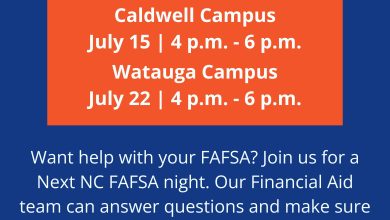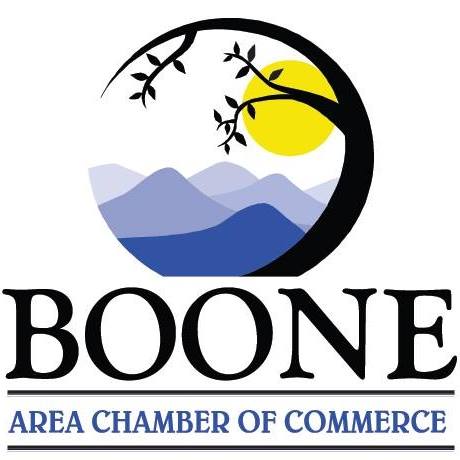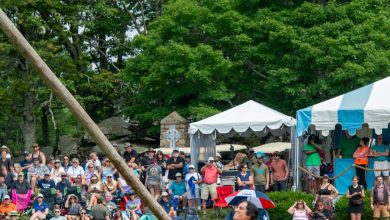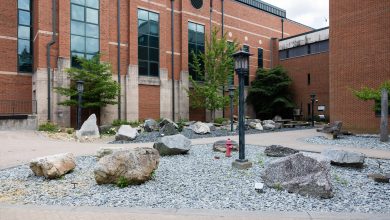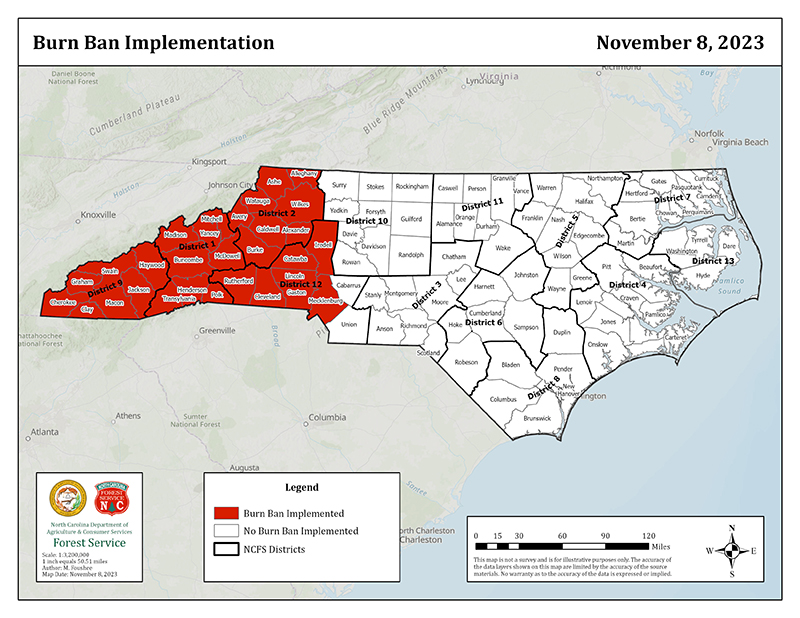
Last Updated on November 8, 2023 12:36 pm
UPDATE – The Watauga County Fire Marshal's Office and the Town of Boone have also issued burn bans. For more information visit this link.
RALEIGH – Due to increased fire risk, the N.C. Forest Service has issued a ban on all open burning and has canceled all burning permits for Alexander, Alleghany, Ashe, Avery, Buncombe, Caldwell, Catawba, Haywood, Iredell, Lincoln, Madison, Mecklenburg, Mitchell, Watauga, Wilkes and Yancey counties effective 5 p.m., Wednesday, Nov. 8, until further notice.
“With the long-range forecast and conditions on the ground showing no improvement, expanding the ban on open burning to additional counties is a necessary precaution,” said Agriculture Commissioner Steve Troxler. “We keep a close eye on weather, fire danger and fuel conditions, especially this time of year. We’re making daily assessments, and the burn ban will be expanded into Piedmont counties and further east if needed. If you’re in a county that does not fall under the ban, think twice about any outdoor burning until we see significant, soaking rain across the state.”
Under North Carolina law, the ban prohibits all open burning in the affected counties, regardless of whether a permit was previously issued. The issuance of any new permits has also been suspended until the ban is lifted. Anyone violating the burn ban faces a $100 fine plus $183 court costs. Any person responsible for setting a fire may be liable for any expenses related to extinguishing the fire.
Local fire departments and law enforcement officers are assisting the N.C. Forest Service in enforcing the burn ban.
The N.C. Forest Service will continue to monitor conditions. Residents with questions regarding a specific county can contact their N.C. Forest Service county ranger or their county fire marshal’s office.
Answers to FAQ
Q: What is open burning?
A: Open burning includes burning leaves, branches or other plant material. In all cases, burning trash, lumber, tires, newspapers, plastics or other nonvegetative material is illegal.
Q: May I still use my grill or barbecue?
A: Yes, if no other local ordinances prohibit their use.
Q: How should I report a wildfire?
A: Call 911 to report a wildfire.
Q: How should I report a person who intentionally starts a wildfire?
A: Call 911 to report a wildfire.
Q: My local fire marshal has also issued a burn ban for my county. What does this mean?
A: The burn ban issued by the N.C. Forest service does not apply to a fire within 100 feet of an occupied dwelling. Local government agencies have jurisdiction over open burning within 100 feet of an occupied dwelling. The N.C. Forest Service has advised county fire marshals of the burning ban and has asked for their consideration of also implementing a burning ban. If a fire within a 100-foot area of a dwelling escapes containment, a North Carolina forest ranger may take reasonable steps to extinguish or control it. The person responsible for setting the fire may be liable for any expenses related to extinguishing the fire.
Q: Are there other instances which impact open burning?
A: Local ordinances and air quality regulations may impact open burning. For instance, outdoor burning is prohibited in areas covered by Code Orange or Code Red air quality forecasts. Learn more about air quality forecasts at https://deq.nc.gov/about/divisions/air-quality/air-quality-outreach-education/air-quality-forecasts.
Q: Can I have a campfire when I go camping?
A: Campfires would be considered open burning and are not exempt from the burn ban. During a burn ban, portable gas stoves or grills are alternate methods for cooking food while camping.
Q: What can I do to protect my house against the risk of wildfire?
A: Learn about wildfire risk assessments and preparedness and prevention plans on the N.C. Forest Service website at www.ncforestservice.gov/fire_control/fc_wui.htm or www.resistwildfirenc.org.








